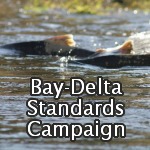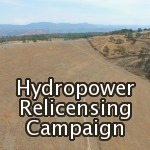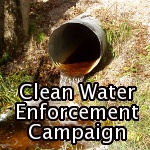Operation of the state and federal export projects led to a massive kill of endangered Delta smelt in early July 2013. CSPA has released a report, prepared by its consultant Thomas Cannon, chronicling this needless massacre of Delta smelt.
The situation parallels the conditions during the Pelagic Organism Decline and record low smelt indices early in the last decade. The Department of Fish and Wildlife’s (DFW) Summer Townet Survey indices are down from the last two years and are similar to the very low indices from 2005-2010.
Beginning the third week of June, the water projects increased water releases from upstream reservoirs to accommodate expanded exports from the Delta. Exports increased from 2,000 to 10,000 cubic foot per second (cfs). A week later Delta outflow was dramatically reduced to 5,000 cfs.
The increased exports coupled with a significant reduction in Delta outflow led the low salinity zone (LSZ) to move into the western Delta. The increased salinity in the western Delta led to violation of water quality standards at Emmaton and Jersey Point. As the LSZ moved west, it brought the Delta smelt residing in the LSZ with it. This movement coincided with high temperatures that reached 76-77 degrees, which are instantly lethal to smelt. The higher temperatures were caused by a combination of reservoir releases of warm water and higher ambient air temperature.
In late June, 65% of Delta smelt identified in DFW’s 20mm surveys were in the cooler water west of the Delta and only 29% were in the western Delta. Following the reduction in outflow, the number of Delta smelt drawn into the Delta increased to 60% of the population just prior to the temperature increasing to lethal levels. Any Delta smelt in the western Delta simply perished.
The problem is that neither the State Water Board’s D-1641 water quality objectives or the OCAP biological opinions have protections for Delta smelt after June. Given excessive water exports, the dry and critical year standards are simply too low to protect Delta smelt and their important habitat.









